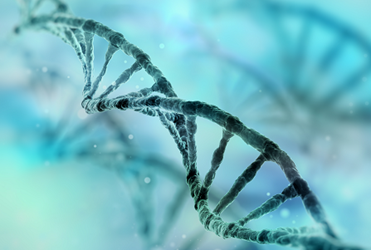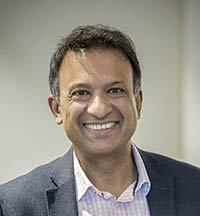Orchard Therapeutics Tackles ADA-SCID, MLD, And Much More

By Erin Harris, Editor-In-Chief, Cell & Gene
Follow Me On Twitter @ErinHarris_1

On the heels of our sister print publication, Life Science Leader’s cover story on the whirlwind rise of Orchard Therapeutics, I had the opportunity to talk to company’s Co-Founder and Chief Scientific Officer, Dr. Bobby Gaspar about how the company has developed innovative gene therapies to treat CNS diseases, such as metachromatic leukodystrophy (MLD), tackle ADA-SCID, and more.
But, first — some background information. Orchard Therapeutics is a commercial-stage biopharmaceutical company with U.K.- and U.S.-based offices, and the company is dedicated to transforming the lives of patients with serious and life-threatening rare diseases through innovative gene therapies. Dr. Gaspar is a Professor of pediatrics and immunology at the UCL Great Ormond Street Hospital Institute of Child Health, London. “Our approach differentiates from other gene therapies in that we develop ex-vivo autologous gene therapies, using an individual’s own gene modified hematopoietic stem cell (HSC) gene therapy for the treatment of MLD and other disorders,” explains Gaspar.

Given the long-lasting effect of Orchard Therapeutics’ ex vivo autologous HSC gene therapy, Gaspar and his team aims to file MAA submission for MLD with the EMA 1H20, followed by FDA submission. For ADA-SCID, Orchard is looking at a rolling BLA submission with the FDA expected to initiate H1 2020, followed by MAA submission. “For me, the bigger picture perspective is that we’re able to correct a whole series of diseases — neurometabolic disorders, primary immune deficiencies, and red blood cell disorders, etc. using the same genetically modified hematopoietic stem cell approach,” says Gaspar. “Because of the self-renewing capability of engrafted gene modified HSCs, our approach has the potential to be a curative treatment, creating a sizeable shift in the way we practice medicine and the way we treat these disorders. Considering the amount of EMA and FDA approvals as of late, gene therapy is changing modern medicine.”
